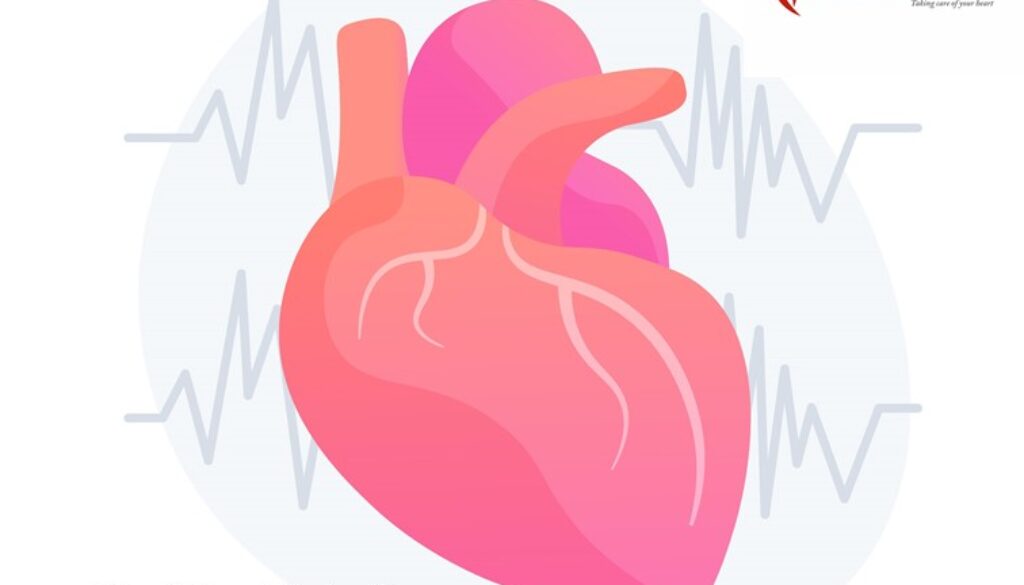Silent Heart Attack – What are the Risks?
Silent Heart Attack – What are the Risks?
Silent heart attack detection is difficult: What if you experience a heart attack and don’t have chest pain at all or the symptoms including chest pain are less dramatic. Everyone recognizes a heart attack with a sudden, severe, squeezing chest pain, but in absence of chest pain, recognizing a heart attack becomes confusing – which means, you don’t even know that it is a heart attack – such a heart attack can become life-threatening.
A Silent heart attack is one that comes on or strikes without any warning signs or symptoms. Usually, those who experience silent heart attacks may not have chest pain, shortness of breath, pain in the arms, heavy squeezing chest pain. Therefore, silent heart attack detection becomes difficult in such individuals.
Silent Heart attack symptoms
Some people after having experienced a silent heart attack recollect that they had mistaken their heart attack for heartburn, indigestion, muscle pain, nausea, or a bad case of flu.
Let us have a look at the factors that can put you at increased risk of a heart attack:
Family history of heart attack
Sedentary lifestyle
Unhealthy food habits
Excessive intake of fats and sugars
Diabetes
Obesity or excess body weight
High blood pressure
High cholesterol levels
Age
Smoking or chewing tobacco
The Risk of Potential Heart Attack Increases
A silent heart attack can strike suddenly and put you at increased risk of having another heart attack. The second heart attack could prove fatal and also increase the risk of complications. To know whether you may have a potential risk of having a silent heart attack, it is better to consult your cardiologist and get evaluated by the doctor – especially if you have the risk factors – which could increase the risk of a silent heart attack.
How to know whether one is at risk of a silent heart attack?
A heart attack can actually happen without a person knowing it. You can minimize the risk of silent heart attack by making changes to your lifestyle as there are no tests to determine your potential risk of having a silent heart attack. Heart disease screening tests help in evaluating your risk of heart disease. If you have high-risk factors of heart disease – such as high blood pressure, diabetes, obesity, high cholesterol, then you must consult your cardiologist and get evaluated. Your doctor will treat you and help reduce the risk of a silent heart attack. Based on your symptoms, personal history, and family history, your doctor may also recommend ECG and Echocardiogram tests.
How long does a heart attack last if untreated?
Those who have experienced a silent heart attack recollect that they had mistaken their heart attack for upset stomach, nausea, indigestion, heartburn, muscle spasm, or a bad case of flu. A silent heart attack can continue for a few hours to days as the symptoms persist for long in some cases.
Bottom Line
Whether it is an obvious heart attack or silent heart attack both are dangerous, but the risk of complication and death increases with a silent heart attack. The reason, an individual who has had a silent heart attack didn’t know that he or she had a heart attack. Therefore, silent heart attack detection becomes difficult. Owing to a silent heart attack, the blood flow to the heart does not get restored early on, and therefore, the affected person could unknowingly be at a greater risk of potential damages and complications.




